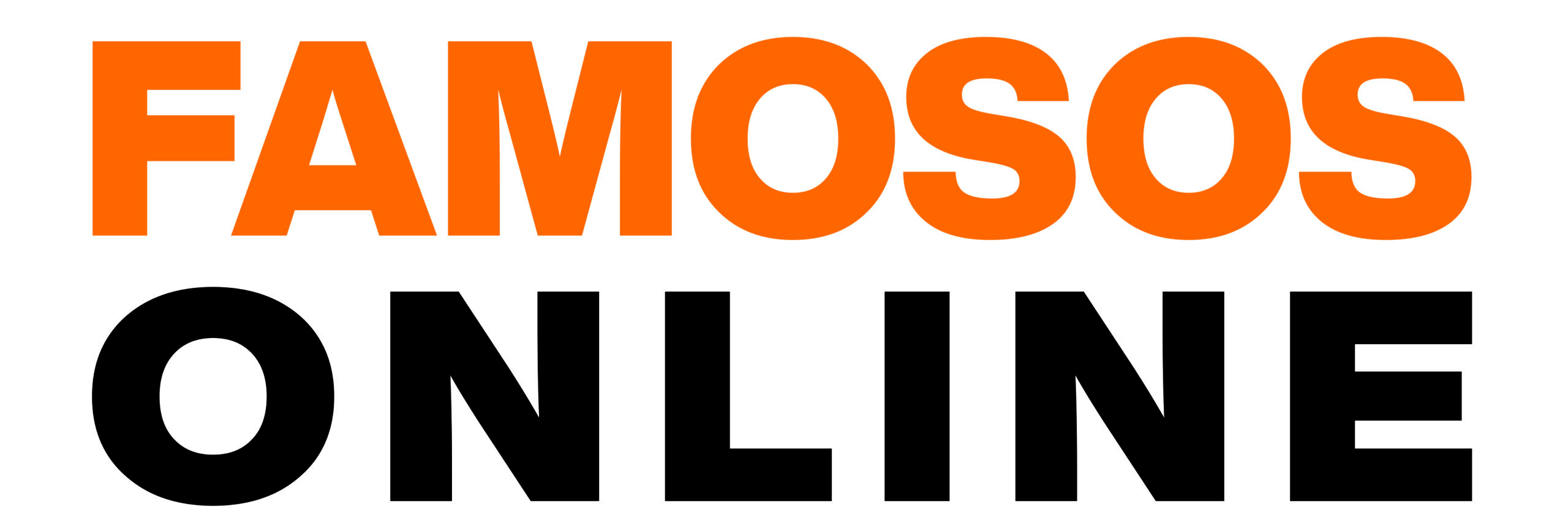In some cases, suicide may be the result of the transformations and numerous internal conflicts that occur in adolescence and, therefore, there is a greater risk of depression, bipolar disorder, and youth giving in to pressures imposed by others or society.
Suicidal behavior is divided into three phases: thinking of suicide, attempted suicide and consummation of suicide. The young person who thinks about taking his life, believes that there are no solutions to his problems and usually shows signs of an emotional imbalance, which may go unnoticed by family and friends, due to the characteristics of adolescence, for example. See what these signs may indicate the risk of suicide.
Some factors that favor thoughts and suicide attempts during adolescence include:
1. Depression.
2. Loving or family problems.
3. Drug or alcohol use.
4. Bullying.
5. Emotional trauma.
“How to prevent suicide”
“What Can Lead Your Teenager to Suicide?”
To avoid thoughts and planning of suicide in young people, it is important to be aware of signs that may indicate that the person is considering taking their own life. Sudden mood swings, aggression, depression and the use of phrases such as: ‘I’m thinking of killing myself; the world would be better off without me, or everything would work out if I wasn’t here anymore ‘also serve as a warning.
But just identifying these signs is not enough, so it is very important to seek professional help from a psychologist or psychiatrist to define strategies to stop thinking about taking your life.
Strengthening the emotional bond with family, friends, and a faith community such as the church, for example, can help to have more satisfying interpersonal relationships and increase supportive perceptions, thus improving the well-being and quality of life of the young. .
If you feel you have no one who can help you, you can contact the life support center by calling 141, which is available 24 hours a day or from the United States.
National Suicide Prevention Lifeline
http://www.suicidepreventionli
Phone: 1 800 273 TALK (8255)
https://instagram.com/drmonica
Twitter.com/dra_mathias












